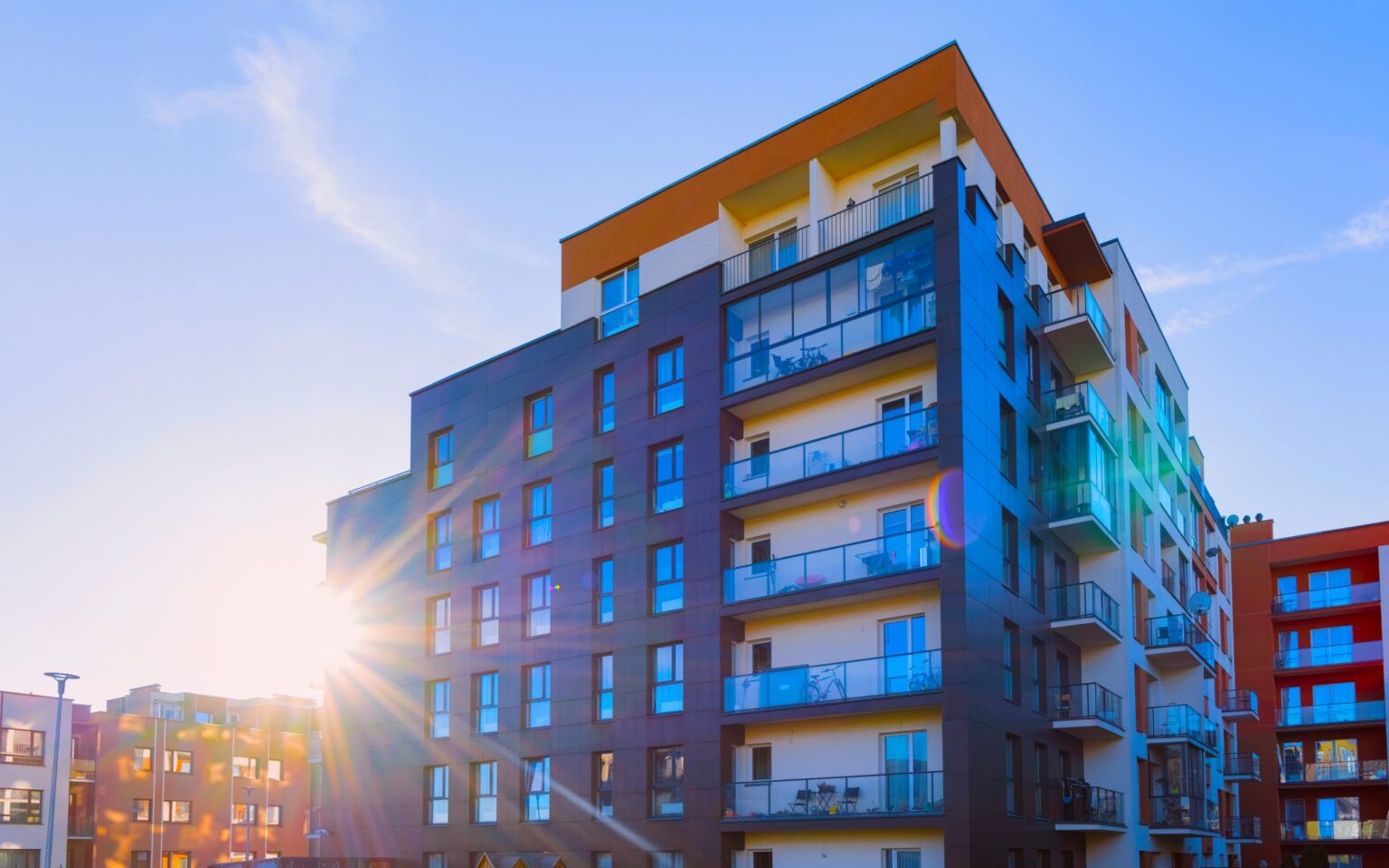The government has taken its next step towards abolishing the existing leasehold system for owning some properties in the UK, but what could it mean for existing flat owners?
Earlier this week, the government published its Commonhold White Paper, which is aimed at reforming the ‘old-fashioned’ leasehold system in place of either freehold or the less frequently used commonhold option.
This is an issue that has rumbled on for years, with the previous government also promising to abolish property ownership on a lease. A bill is now expected to be published later this year – titled the Leasehold and Commonhold Reform Bill – which will then go through the usual process before being enacted into law.
At the moment, there is no clear date for when things will change, but the government has said that it intends to make commonhold the “default tenure” on new flats by the end of 2029.
The new rules promise to get rid of the “inherently unfair” way that properties on a lease are owned, and instead allow people to “truly own” their property with a commonhold agreement that doesn’t have a time limit like a leasehold.
A large majority of flats in the UK are owned on a leasehold basis; in England and Wales, where the new legislation will apply, there are an estimated five million leasehold properties, and 70% of these are flats. Therefore, existing flat owners as well as those looking at investing in a flat in the near future will want to know how the changes could affect them.
The difference between leasehold and commonhold
It is important to note that, at the moment, the new legislation only applies to new flats (and not houses), and will not change the ownership structure for existing properties owned via a lease.
If you own a property on a lease, you essentially own the right to occupy the flat or house for a set amount of time (which will be stipulated on the lease agreement). It may be possible to extend the lease, or apply to buy it along with other members of the building, but essentially, if the lease runs out, the property returns to the owner of the freehold.
A freeholder can be an individual or a company, and they own the building and land it is built on. Normally, freeholders charge flat owners a service charge and ground rent (although since 2022 this has been banned on new leases). The service charge can cover things like maintenance of communal areas, and building insurance.
By contrast, a commonhold agreement means that each flat owner owns the freehold of their home, while also having a share of the building and land it is built on along with the other owners. This means joint responsibility for maintenance and building insurance, but also greater control over the property.
Another plus point of commonhold is the removal of any worries over the lease expiring. It can be costly to extend a lease, and a property with a short lease can be significantly devalued and hard to sell.
Should I still invest in a leasehold flat?
Current leaseholders will not be affected by the proposed changes, although it is impossible to know whether further legislation will come in down the line that could affect existing leases too.
At the moment, owning a flat on a leasehold basis remains the most common form of tenure. For new flats, the removal of ground rent which had proved problematic in the past has resolved much of the concern around owning a flat on a lease.
While it is possible for all the owners in a block of flats to club together and convert their ownership to commonhold, it isn’t common, and could potentially be costly. More often, flat owners decide to take over the freehold, but again this can be an expensive process.
Particularly for those looking to invest in new-build flats, which tend to come with long leases of 999 years and have zero ground rent, there may be little financial benefit to converting the property to commonhold at this stage.
Discussing how the upcoming changes could impact existing leasehold flats, solicitor Frank Smith said: “Our advice to leaseholders is to stay informed, engage with legal professionals where necessary, and be prepared for potential transitional complexities.”
To read more about about the proposed changes, see the latest statement from the Ministry of Housing, Communities and Local Government here.










